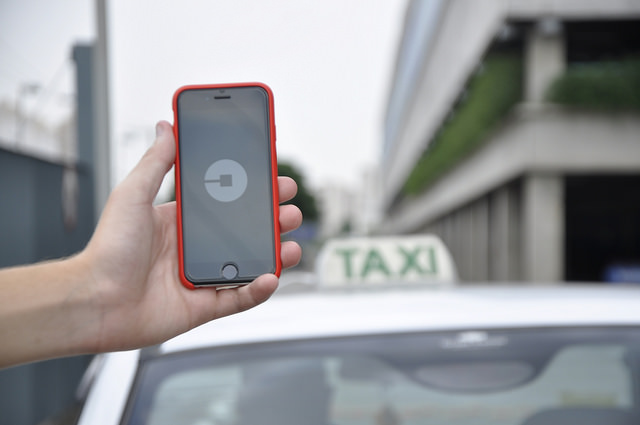 APPS
APPS
 APPS
APPS
 APPS
APPS
Uber Technologies Inc. knowingly leased hundreds of defective cars to drivers in Singapore, and at least one of those cars caught fire, according to a report published by the Wall Street Journal Thursday.
The car in question was a Honda Vezel sport utility vehicle driven by Singaporean Uber driver Koh Seng Tian. The driver rented the vehicle from Uber, even though that particular model had been recalled by Honda Motor Co. because some of its electrical components were at risk of heating up and causing a fire. In January, that’s what happened, giving a new meaning to the term “black car,” though Koh was unhurt.
It’s yet another in a seemingly endless string of scandals at the leading ride-hailing company. And it comes after a months of relative calm. The six month plan to make things right under the banner “180 Days of Change” may have to consist of yet more apologies.
The Journal reviewed emails and documents from Uber, and while managers in Singapore were not aware of the faulty vehicles, executives in San Francisco apparently were. According to the Journal, three days after the fire those executives decided that the company should deactivate the faulty devices that might cause a fire but still leave the cars on the road and wait for replacement parts. “The plan called for seeking approval from Singapore authorities and advice from auto-repair experts,” wrote the Journal.
Following the incident, Singaporean managers looked at implementing new safety measures. In an interview with the Journal, an Uber spokesperson said, “We took swift action to fix the problem, in close coordination with Singapore’s Land Transport Authority as well as technical experts. But we acknowledge we could have done more, and we have done so.” All the vehicles are reportedly now safe.
Regardless, Uber’s drive for growth – no doubt successful – is again under scrutiny for bypassing regulations. In Singapore Uber had attempted to cut costs by not buying new cars from authorized dealerships but buying from auto importers.
Those small dealers “operate in the gray market – a legal channel outside manufacturers’ authorized networks – where safety, service and legal contracts are difficult to enforce,” the Journal said. Some of those cars were the faulty Vezels. Uber did at least warn owners to get them serviced as soon as possible because of the issue with the electrical components.
Uber bought more of the cars, according to the internal emails, and continued to rent them to drivers. Emails reveal that the company thought about taking the cars off the road, but in one such email Uber’s Singapore general manager wrote, “Asking drivers to give up their keys with no suggested fix will send panic alarm bells to the mass market.” The decision was made to leave the cars on the road but remove the faulty device, a move one person described in an email as a “hack.”
Although Uber did tell drivers to take their cars for an immediate service, drivers said they were not told about the fire. The matter was described by one driver as a “hush-hush affair.” As of 2015 renting out cars with safety defects was made illegal.
THANK YOU